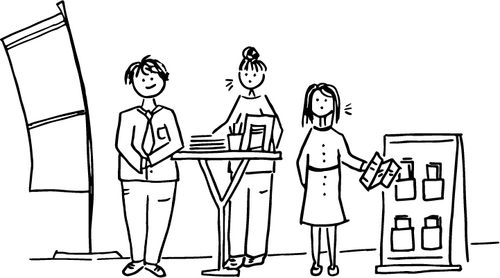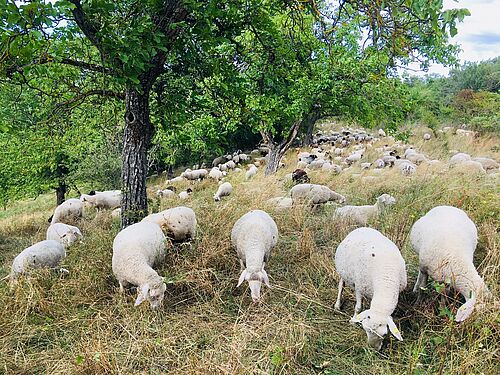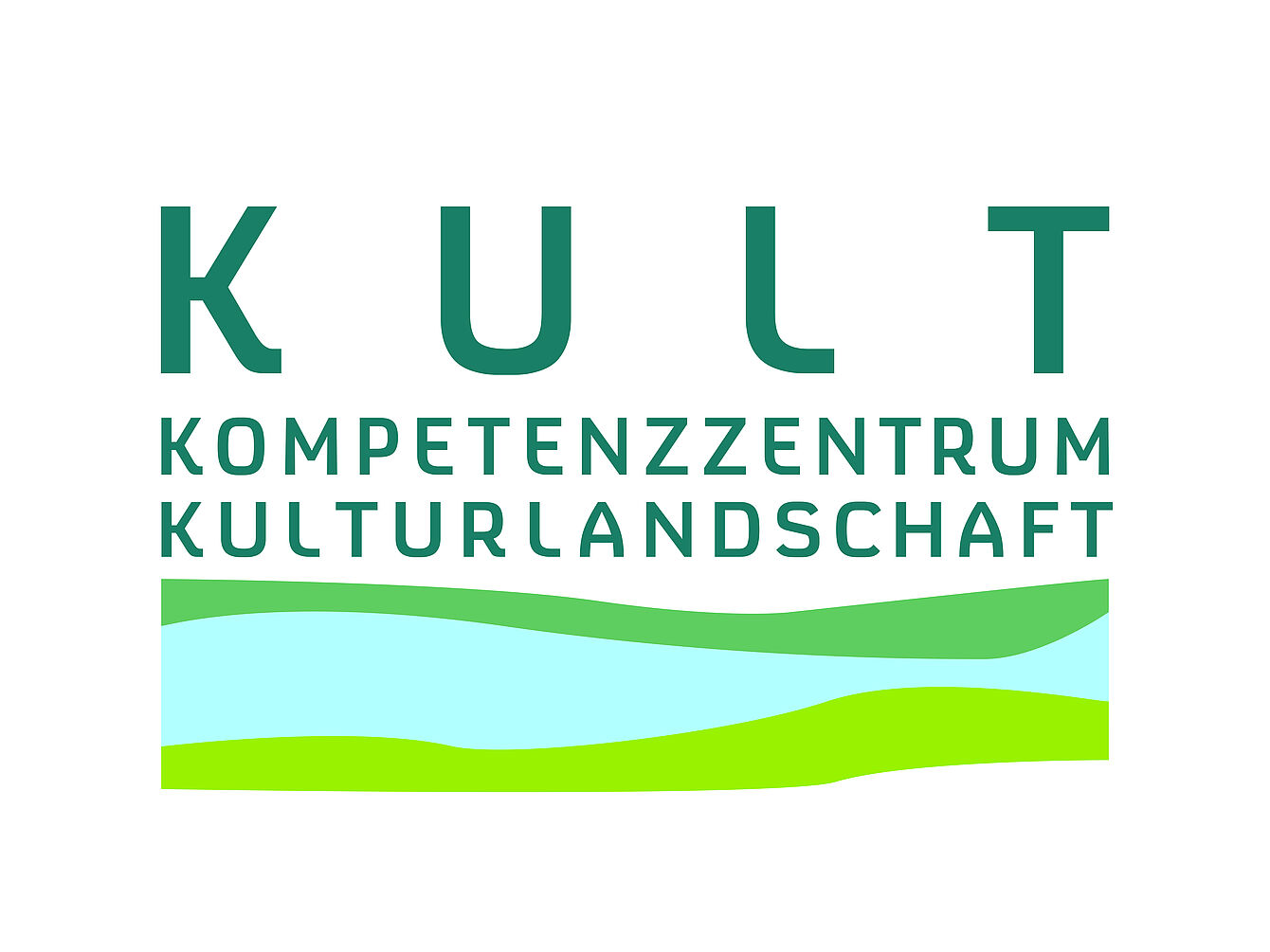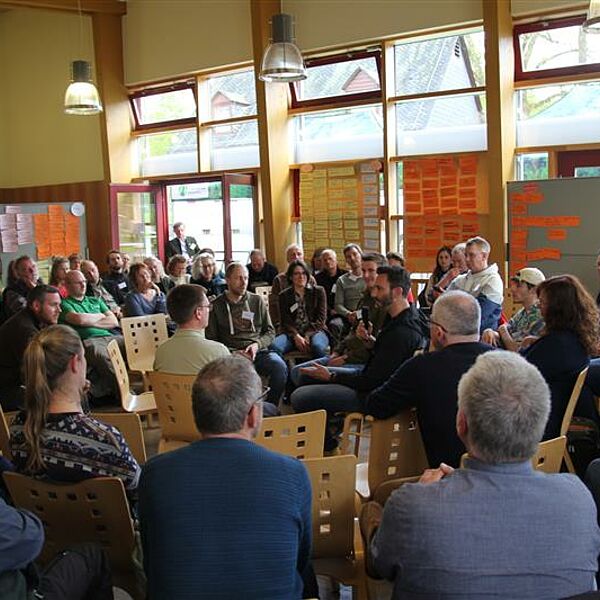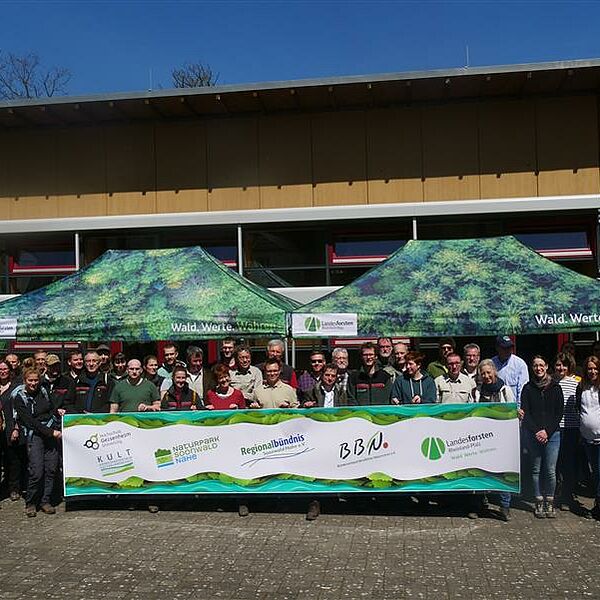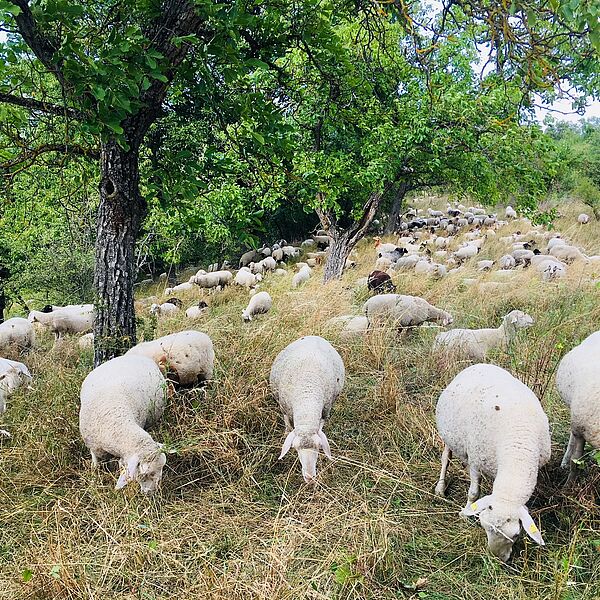The Foundation Kloster Eberbach as well as the Hessische Staatsweingüter (Hessian State Wineries) GmbH Kloster Eberbach in cooperation with SlowFood Rheingau and the Verein zur Förderung des Historischen Weinbaues im Rheingau e.V. (Association for Promoting Historical Viticulture) plan to plant a show garden for visitors to Eberbach Monastery in the area of the historical vineyard, the Spitalberg. For this purpose, students of our university in 19 teams developed concepts for its future use.
At the end of May, a jury analyzed the concept ideas developed by third semester students of Landscape Architecture as part of their module Environmental Plant Use under the aspects of creativity and potential realization.
At the award ceremony on 27 June 2018 at Domäne Steinberg not only the first three places were honored but two additional special prizes awarded. The jury, made up of representatives of Hochschule Geisenheim, the Foundation as well as the State Wineries and of SlowFood Rheingau, awarded the first prize to the project „Mons antiquarum vitium“ which can be translated as "historical vineyard". The people behind these ideas, the students Hilke Bethge, Anna Bulmahn, Joana Gasper and Simon-Johannis Stein, were really pleased about this honor. "The convincing arguments were the ideas of cross terracing and of connecting all three crops planted at the monastery, i.e. wine, fruit and medicinal herbs. They even planned for a dirt road," said Prof. Dr. Alexander von Birgelen who holds the Professorship for Environmental Plant Use at our university. The second prize was awarded to the project "Zukunft trifft Vergangenheit" (Future Meets Past) which, according to Birgelen, provided the best solution for entering the vineyard. "Here, visitors are drawn into the vineyard by a flight of stairs, and the concept plays with the terracing idea," the professor explained. "Die Vielfalt des Weins" (The Diversity of Wine) is the title of the project which ranked third place and symbolizes a bunch of grapes, an idea which, according to the jury, could well catch the attention of the media. The two special prizes were awarded to the project "A Place to Bee" which focuses on the ecological aspect and to the project "Wine Meets History" paying special attention to the different periods of art history of the monastery.
Dieter Greiner, Managing Director of the Hessian State Wineries, expressed his thanks for all the brilliant ideas. "Topics such as biodiversity are subject of our cooperation with Hochschule Geisenheim and are omnipresent," said Greiner who also stated that the ideas would not be implemented one-to-one. They will put together a patchwork of cross terraces with seating areas and herb beds from the range available which is easy to use and profitable.
The festive ceremony was rounded off by an interesting tour through the modern Steinberg Cellar including a wine tasting.
Hochschule Geisenheim would like to express its warm congratulations to all prize winners!

